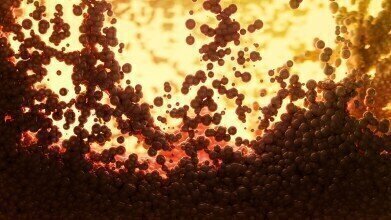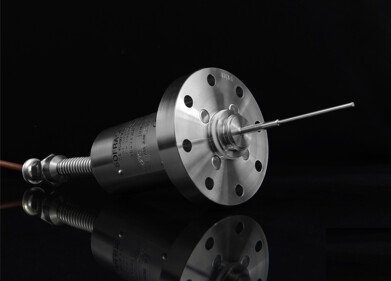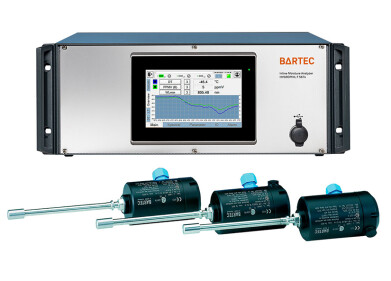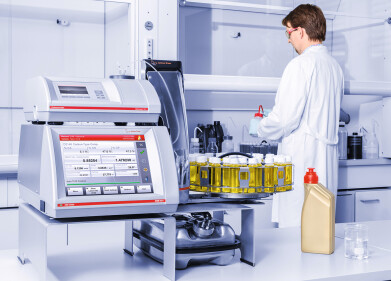Measurement and Testing
What is Chromatographic Polymer Characterisation?
Jul 01 2022
From ultra-durable plastics used for engineering and manufacturing applications, to naturally-occurring proteins like haemoglobin, enzymes and antibodies, polymers are an integral part of everyday life. Chromatographic polymer characterisation is one of several specialised techniques used to analyse polymer materials and assess their unique properties.
Below, we take a closer look at chromatographic polymer characterisation.
Defining chromatography
Chromatography is a widely used laboratory technique that allows scientists to separate a mixture into individual components. The process begins by dissolving the mixture in a solvent called the mobile phase. Once dissolved, the mixture is passed through a second solvent called the stationary phase.
The technique is founded on the concept that different components pass through the stationary phase at different speeds, depending on their unique properties. This forces them to separate and allows scientists to identify individual components in the mixture.
A variety of chromatographic polymer characterisation methods may be used, depending on the material being analysed, equipment available at the laboratory and the personal preferences of scientists. These include:
-
Gas chromatography
The mixture is vaporised before being carried through a stationary phase, usually a glass or metal separation column filled with an inert gas such as helium or nitrogen. Large molecules take longer to travel through, which allows analysts to identify individual components in the polymer material.
-
Liquid chromatography
The mixture is dissolved in a liquid before being carried through a solid stationary phase. Various types of liquid chromatography exist, including high-performance liquid chromatography which relies on a pressurised mobile phase.
-
Ion exchange chromatography
Individual components in a polymer mixture are separated according to charge. Different mobile and stationary phases are used to separate positively and negatively charged ions, which allows analysts to characterise polymers.
-
Size exclusion chromatography
Also called molecular sieve chromatography, size exclusion chromatography (SEC) separates molecules according to size and in some cases, weight. The technique is particularly useful for separating large molecules and macromolecular complexes, such as strong industrial polymers and natural proteins. In the biopharmaceutical sector, size exclusion chromatography is used to analyse monoclonal antibodies (mAbs) and proteins.
Since aggregates and fragments can influence the efficacy and safety of the final product, low and high molecular species have to be closely monitored during quality control,” writes Julia Sablotny, an expert at laboratory equipment supplier, YMC Europe GmbH. “SEC separates compounds according to their hydrodynamic radius, with larger molecules such as antibody aggregates having lower elution volumes since they are excluded from the silica pores and therefore have shorter pathways through the column.”
Chromatographic polymer characterisation is one of many techniques used in state-of-the-art laboratories. For more information about other methods for polymer characterisation, including thermal analysis techniques such as Differential Scanning Calorimetry (DSC) and spectroscopic techniques such as Near-Infrared (NIR) Spectroscopy, don’t miss our complete guide, ‘Polymer Characterisation - Techniques, Types & Properties’.
Digital Edition
PIN 25.1 Feb/March
March 2024
In This Edition Safety - The technology behind the ION Science Tiger XT - Safety with ammonia and LOHCs as hydrogen carriers Analytical Instrumentation - Discussion on new tribology te...
View all digital editions
Events
Apr 28 2024 Montreal, Quebec, Canada
Apr 30 2024 Birmingham, UK
May 03 2024 Seoul, South Korea
May 05 2024 Seville, Spain
May 06 2024 Riyadh, Saudi Arabia


















